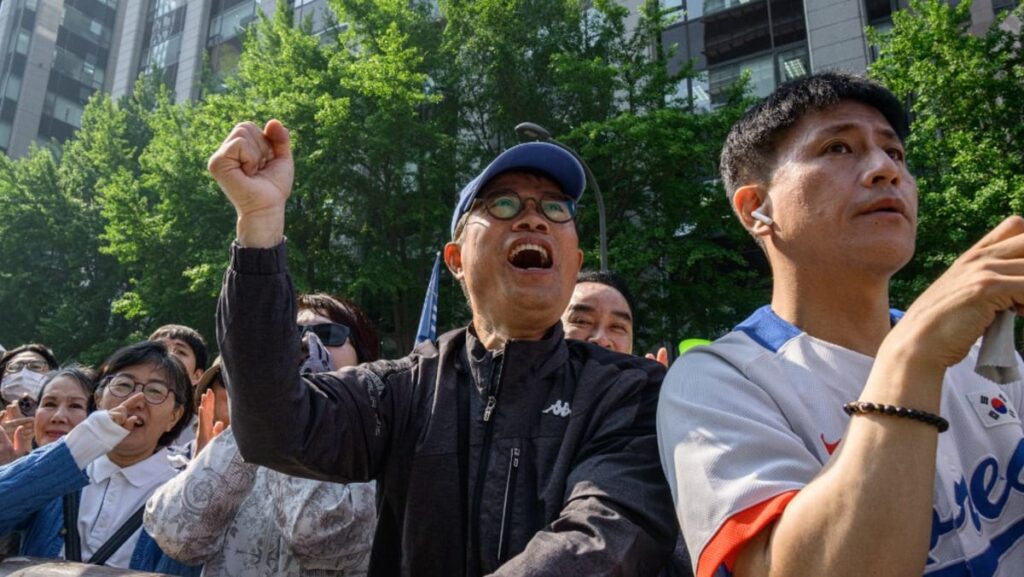CONSERVATIVE PARTY INSTITUTIONALISATION
The final structural issue revealed by the post-Dec 3 chaos is the inability of the South Korean conservative party to function as a modern political party. This is not formally a constitutional issue, of course; the PPP is not in the constitution. But the South Korean constitution does assume parties will compete for power, and multiparty democracy requires at least two coherent, governing-capable parties if voters are to have real electoral choice. The PPP is no longer such a party.
Mr Yoon is the conservatives’ second president in a row to be impeached. Conservative Park Geun-hye was also impeached in 2017. In both instances, the country’s High Court found unanimously that the president should be removed. This strongly suggests that even if the impeachment process was originally motivated by partisanship, the case for impeachment was objectively strong.
The PPP has struggled with internal institutions and rules for years, and it has no coherent platform outside of foreign policy hawkishness. Reflecting this weak sense of identity has been the party’s multiple name changes: at least five in the last 20 years.
By contrast, South Korea’s progressive party has been known by its name – the Democratic Party – for decades, and its ideological commitments – to the welfare state, to détente with North Korea – are easier to identify.
Given weak institutionalisations, the PPP has unsurprisingly struggled with candidate recruitment. Mr Yoon, for example, was a political novice and outsider who parachuted into the party to suddenly run for president in 2022. The Democrats would probably not select a candidate so rashly. Mr Lee, for example, is a known quantity and has been around for decades.
Constitutional reform can improve the South Korean system’s resilience to traumas like impeachment. But improving the quality of conservative governance – to avoid such flawed candidates in the future – will take years to right. The South Korean conservatives will likely lose next month. They should use the time to foundational rebuild their party.
Robert Kelly (@Robert_E_Kelly) is a professor of political science at Pusan National University.
https://www.channelnewsasia.com/commentary/south-korea-presidential-election-crisis-politica-drift-5123881


